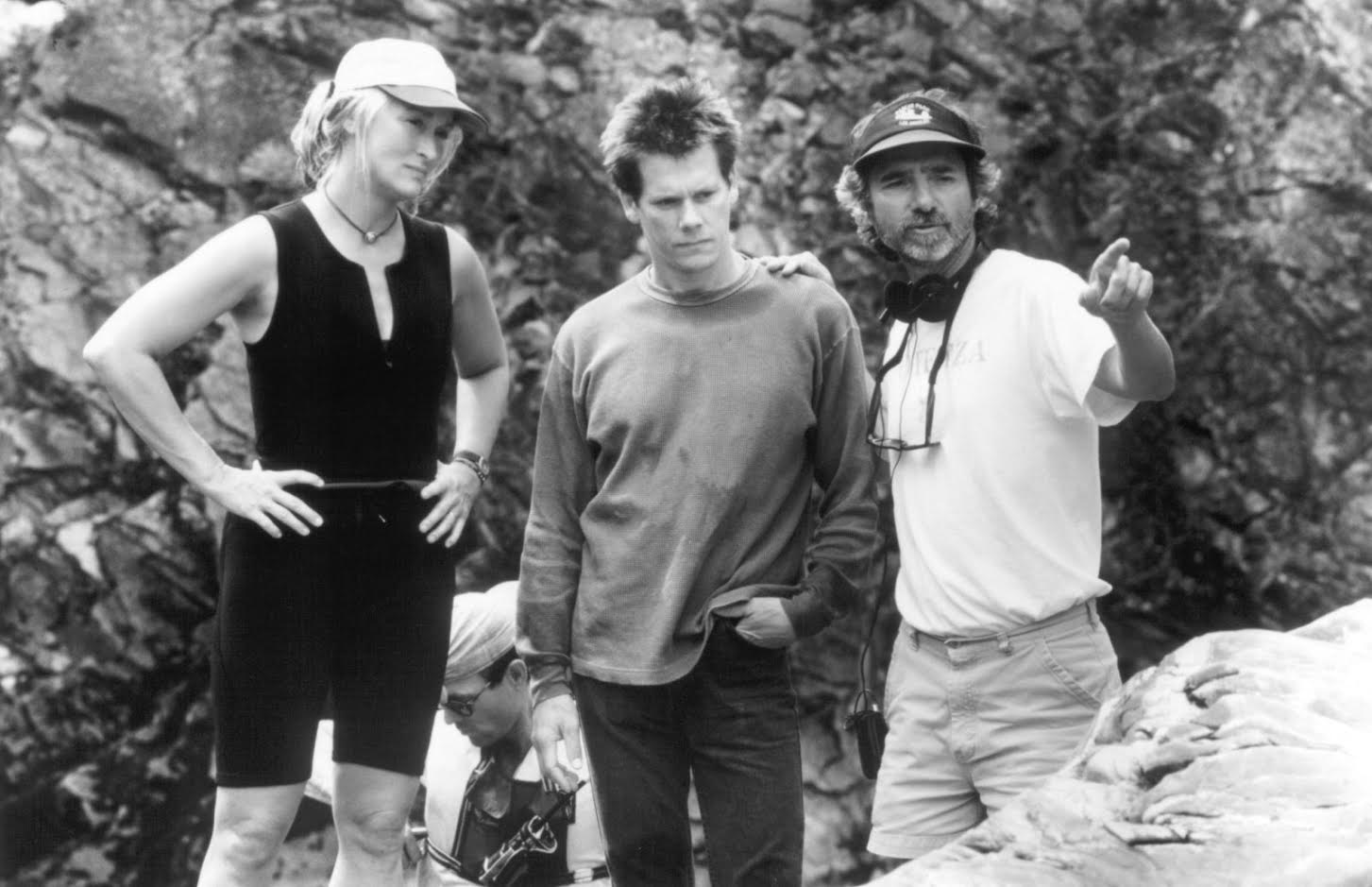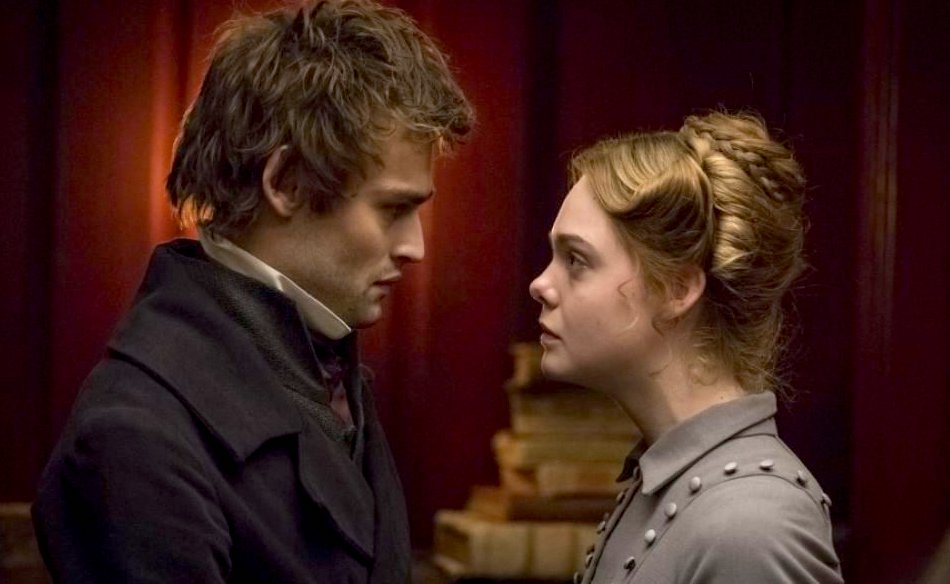Blueprints: "The Handmaid's Tale"
 Thursday, May 24, 2018 at 8:00PM
Thursday, May 24, 2018 at 8:00PM As we approach Emmy season, Jorge will take a look at the scripts of the pilot episodes for television’s hottest contenders...

Voiceover narrations are usually a way for characters to express things to the audience that they would not be able to learn otherwise, mainly inner thoughts with a heavy helping of story exposition. It’s an easy way for us to understand the emotional place of the characters and fill in the blanks of what we’re seeing.
But what if voiceover were to be used for a time when characters need to express things that not only cannot be said otherwise in the story, but are actually forbidden to be spoken at all? The Handmaid’s Tale portrays a world in which society has become so repressed that the only way for the protagonist to freely speak her mind is, well, in her own mind…
 Adaptations,
Adaptations,  Emmy,
Emmy,  The Handmaid's Tale
The Handmaid's Tale 






